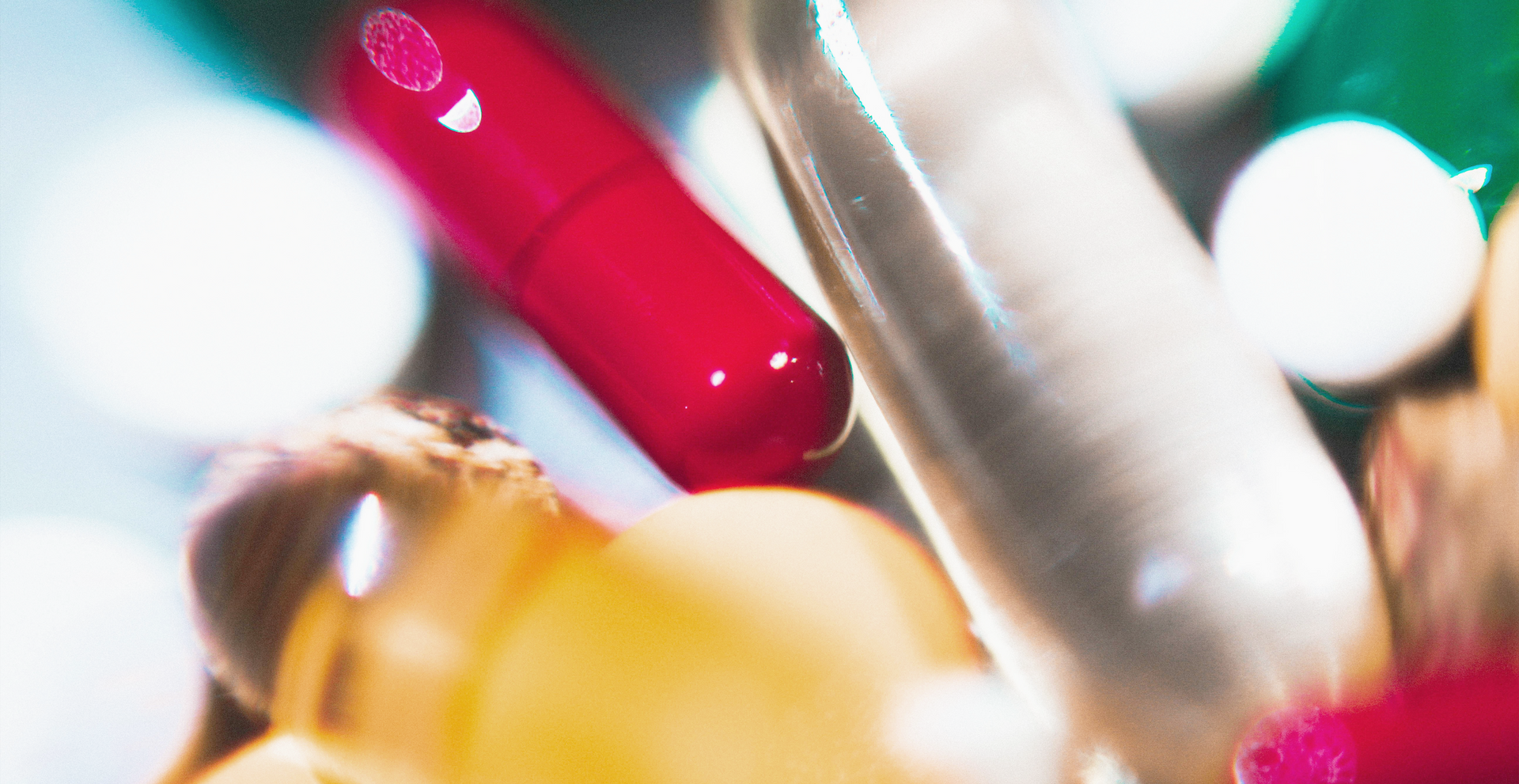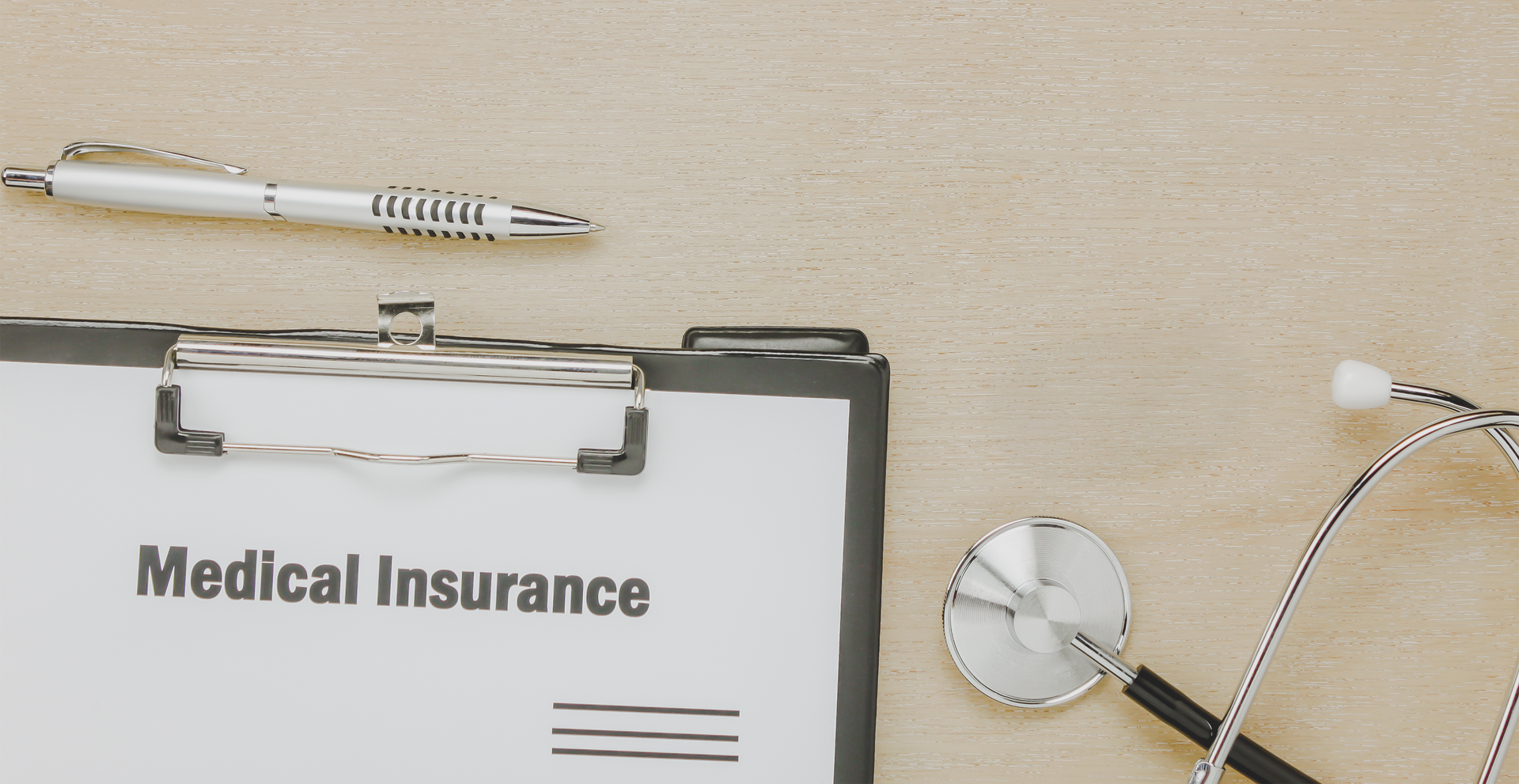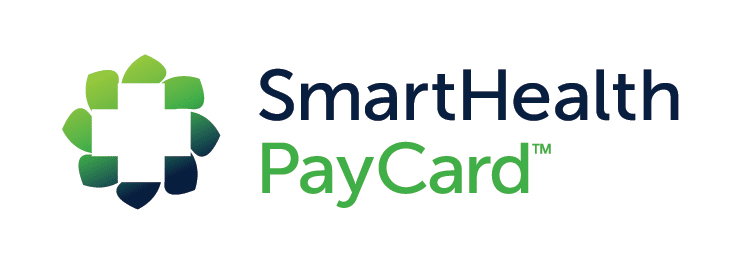TMS vs Antidepressants

Kimberly Mercille • January 22, 2025
In this article, we’ll explore how TMS and antidepressants work, compare their effectiveness, safety, and costs, and help you determine which treatment might be right for you. Whether you’re considering TMS, antidepressants, or a combination of both, understanding your options can empower you to make an informed decision about your mental health journey.
What Is TMS?
Transcranial Magnetic Stimulation (TMS) is a non-invasive therapy that uses magnetic fields to stimulate nerve cells in the brain. The US Food and Drug Administration (FDA) approved TMS in 2008 for major depressive disorder (MDD) and later for conditions like obsessive-compulsive disorder (OCD), migraines, and smoking cessation.
During a TMS session, a coil device delivers magnetic pulses to specific areas of the brain associated with cognition and emotional control. The treatment is painless, requires no anesthesia, and is performed in an outpatient setting. Most patients undergo 20–30 sessions over four to six weeks.
What Are Antidepressants?
Selective Serotonin Reuptake Inhibitors (SSRIs) are a class of antidepressants designed to increase serotonin levels, a neurotransmitter associated with positive mood. Common SSRIs include Prozac (fluoxetine), Zoloft (sertraline), and Lexapro (escitalopram). Other classes of antidepressants include:
- SNRIs (Serotonin-Norepinephrine Reuptake Inhibitors): Examples include Cymbalta (duloxetine) and Effexor (venlafaxine).
- MAOIs (Monoamine Oxidase Inhibitors): These older antidepressants, such as Nardil (phenelzine), are less commonly used due to dietary restrictions and potential side effects.
SSRIs, FDA-approved since the 1980s, remain a first-line treatment for depression and are also used for OCD, anxiety, post-traumatic stress disorder (PTSD), and eating disorders. Depending on the type of antidepressant prescribed and the patient’s condition, doses typically range from one to three tablets per day.
Mechanisms of TMS vs. Antidepressants
How TMS Works:
TMS works by using magnetic pulses to generate electrical currents, which activate regions of the brain that are underactive in depression and other mental health disorders. This activation causes the release of key neurotransmitters involved in mood regulation, including glutamate, dopamine, and serotonin.
Animal research shows TMS affects the genetic expression of neurotransmitter receptors–proteins that respond to these chemical messengers–potentially explaining long-term changes in mood and well-being.
TMS also increases measures of neuroplasticity, which is the capacity of the brain to reorganize and form new neural connections. This could help reset dysfunctional brain circuits and increase someone’s ability to adopt more positive thought and behavior patterns.
How SSRIs Work:
SSRIs block the reabsorption (reuptake) of serotonin into neurons. By inhibiting the serotonin transporter (SERT), they increase the availability of serotonin in the space between nerve cells, enhancing its signaling and mood-enhancing effects.
SNRIs function similarly but also block norepinephrine reuptake. Since norepinephrine regulates energy and attention, SNRIs are particularly beneficial for individuals with depression accompanied by fatigue or difficulty concentrating.
Like TMS, antidepressants may also increase neuroplasticity by boosting brain-derived neurotrophic factor (BDNF), a protein that supports the growth and protection of nerve cells.
Efficacy of TMS vs. Antidepressants
TMS Efficacy:
Research shows TMS is highly effective, particularly for individuals with treatment-resistant depression (TRD) who have not responded to conventional medications. Studies indicate that approximately 50–60% of patients with TRD experience significant symptom improvement with TMS.
In a study of 1,753 patients with depression, over 72% showed substantial symptom improvement following TMS, and more than 58% achieved remission. Most TMS patients notice clinical improvements within two to four weeks of starting treatment.
Antidepressant Efficacy:
SSRIs and other antidepressants are effective for many, but not all. It’s estimated that between 10-30% of people with depression show a very small or no clinical response despite trying at least two different antidepressant types. Pooled data from eight double-blind studies found remission rates of 45% and 35% for SNRIs and SSRIs, respectively.
Mood improvements tend to appear after the first two weeks of using antidepressants, although it can take up to six weeks for any noticeable improvements.
Safety of TMS vs. Antidepressants
TMS Side Effects:
TMS is generally well-tolerated, with minimal side effects, such as:
- Temporary scalp discomfort or headaches during treatment.
- Lightheadedness after sessions.
Serious side effects are rare but may include seizures, hearing loss, or mania. TMS is not recommended for individuals with a history of epilepsy or brain damage.
Antidepressant Side Effects:
Antidepressants are more likely to cause side effects, including:
- Nausea.
- Increased appetite and weight gain.
- Sexual dysfunction.
- Insomnia.
- Emotional blunting or feeling "numb."
Suddenly stopping antidepressants can lead to withdrawal symptoms, which may intensify the drug’s side effects. Long-term risks include cardiovascular disease, type 2 diabetes (likely linked to weight gain), and reduced bone density.
Costs of TMS vs. Antidepressants
Cost of TMS:
TMS sessions cost approximately $200–$400 each, with a full course of treatment (30–40 sessions) being expensive. However, most insurance plans cover TMS as an FDA-approved treatment. Patients may still need to pay co-pays and other fees based on their provider and insurance plan.
Cost of Antidepressants:
The cost of antidepressants varies depending on the medication and insurance coverage. Without insurance, generic SSRIs may cost $20–$50 per month, while brand-name options can exceed $200 per month. Insurance typically lowers these costs, with out-of-pocket expenses depending on the provider.
TMS or Antidepressants: Which Is Right for Me?
Deciding between TMS and antidepressants depends on your medical history and personal preferences.
TMS may be right for you if:
- You’ve tried multiple antidepressants without significant improvement.
- You experience severe medication side effects.
- You prefer a non-invasive, drug-free treatment.
- You do not have a history of seizures or brain damage.
Antidepressants may be right for you if:
- You’re experiencing mild to moderate depression and have not tried medication yet.
- You prefer a familiar, widely available treatment.
For some individuals, combining TMS and antidepressants provides the best results. A mental health professional can help determine the most appropriate approach.
Exploring TMS at The Albany Clinic
If you’re based in Illinois and struggling with depression, TMS treatment at our Carbondale clinic could be the solution you need. Our team of experts provides personalized, evidence-based care to help you on your recovery journey. Benefits of our clinic include:
- Compassionate, patient-centered care.
- State-of-the-art TMS technology.
- Assistance with insurance navigation.
- Flexible scheduling options.
Take the First Step
Want to learn more? Schedule a free consultation with our team today. We’re here to answer your questions and guide you toward a brighter future.







